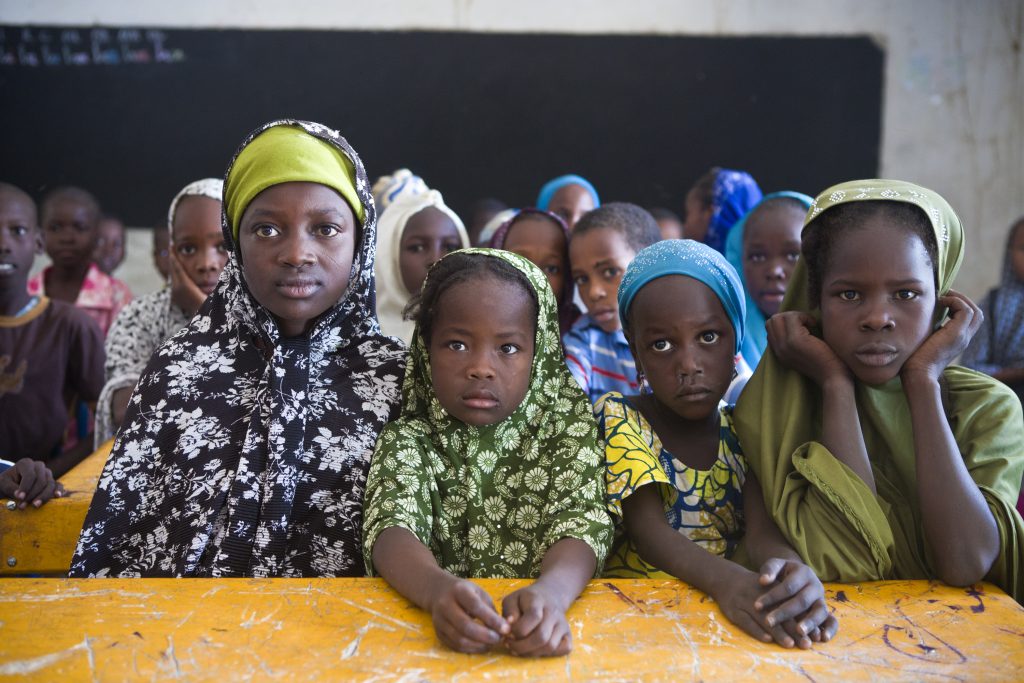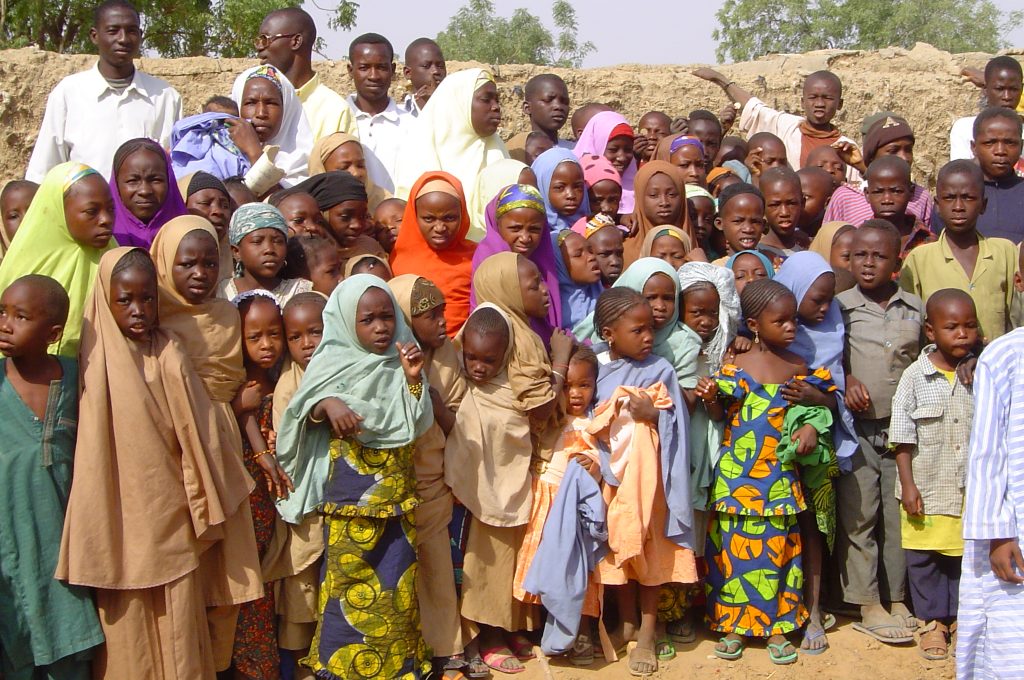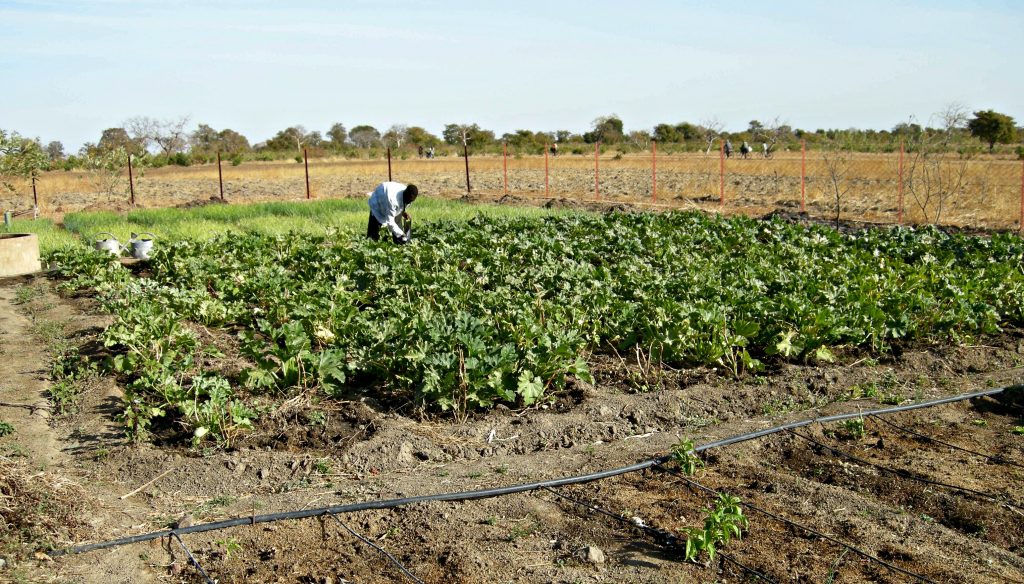By Talei Caucau
Niger is the poorest country in the world. The country has a high fertility rate and low literacy rate. Before I conducted my own research for this article, everything I knew about Niger was negative. Magazines like National Geographic provided insight into the chaos that surrounds Niger. That is literally the title of a National Geographic article released in July 2019, “Surrounded by chaos, Niger is a nation on the edge.”
Niger is a country that seldom makes news for positive reasons. If you google “Niger” you will find quite a few articles about violence and political instability. Positive news can be hard to find; however, I am an optimist. Although, Niger continues to endure immense hardships, there is progress worth celebrating.
Niger is ranked at the bottom in the UN’s Education Index. Less than 15% of women in Niger can read and write. Less than 50% of school-age children attend school. There are poor retention rates for the remainder of children who attend school. Save the Children has sponsored early childhood education to help increase literacy levels by increasing access and equality in education. In Niger, Save the Children has also provided an estimated 825,268 children with essential nourishment through health and nutrition programs that support vulnerable children.

In Niger, diarrheal disease resulting from unsafe water and inadequate sanitation and hygiene is one of the leading causes of death for children under the age of five. UNICEF has partnered with Niger’s government and other non-profits to implement sanitation programs, called Total Sanitation, in 10 villages. The program is in its early stages and will be implemented in more villages in the future. The majority of villagers in rural Niger do not have knowledge of hygienic practices. UNICEF trained a certain number of villagers to understand and teach the program. The sanitation programs are community-led and each villager participates in the learning process.
UNICEF provides funding for programs that teach good hygiene practices in communities. UNICEF also conducted research to help implement a pilot program in 10 schools that will help young girls learn about menstruation and hygiene. This initiative will include helping the government and its ministers make this program a national cause. This is a small step in the right direction for a nation that has a history of severe inequality among men and women.
Domestic violence is a widespread issue in Niger. The United Nations and the European Union have come together to work toward the goal of eliminating all forms of violence against women by 2030. The United Nations is also working with the Ministry for the Promotion of Women and Protection of Children to strengthen laws that address violence against women, encourage and strengthen women’s rights movements, and educate communities on the harmfulness of female genital mutilation. This massive initiative will begin at the government level as ministers will learn about every step of the initiative before it is implemented in communities.
CURE International opened the first children’s hospital to offer cutting edge specialty surgery. CURE’s hospital has the capacity to perform more than 2,000 complex orthopaedic surgeries annually. The hospital offers hope for children with disabilities such as clubfoot. It also offers more opportunities for employment for the people of Niger.
Niger suffers from some of the highest rates of malnutrition and mortality in the world. USAID has implemented an initiative known as RISE (Resilience in the Sahel Enhanced). RISE’s objective is to build the local health systems so they can handle the massive rate of malnutrition. USAID works with the Nigerien government to ensure their programs and initiatives are implemented nationwide. RISE helps communities learn about nutrition.

Niger is mostly desert, so the climate is mostly hot and dry, with periods of much-needed rain. That rain has become less and less reliable in recent years as Niger has experienced drought after drought. Improved conservation and alternative agricultural techniques employed by farmers and aid groups have been able to mitigate this crisis, helping to plant and maintain millions of trees in the last decade. The government is also working with NGOs to decrease desertification. [KC1]
A remote irrigation system was designed by a local farmer, Abdou Maman Kané, through his business Tech-Innov. The remote irrigation system is controlled by cell phones and uses water more productively. An estimated 200 farms utilise the system, which uses solar power to fuel pumps. Prior to the remote irrigation system, an estimated 50% to 60% of water is lost because of leaks in buckets and pipes. The system has allowed farmers to irrigate larger areas of land.

The Integrated Production and Pest Management program, a product of the Food and Agricultural organisation of the UN, works to raise awareness about the dangers of pesticides, empower communities, market nutritious food across Africa. In Niger, the program empowers communities by collaborating with clubs to encourage open discussions and helping communities have meaningful social interactions. The program also helps farmers irrigate more land, trains farmers to improve practices and increase their yield, and pilot a system to help seed marketing.
Access to clean water is limited in much of rural Niger. As population growth continues and communities expand, the need for clean water increases. One in seven children dies before the age of five due to a lack of safe water. Fortunately, Niger has a wealth of clean water available a couple hundred feet below ground. Wells Bring Hope, in partnership with World Vision, is able to tap these aquifers, providing villagers with an endless supply of clean water. Wells Bring Hope also works with villages for more than 15 years after a well is drilled, teaching villagers how to maintain it, and empowering them to take ownership of it.
Niger is improving in small ways and will continue to make progress. When we fund Wells Bring Hope and other aid programs in Niger, we provide communities with hope for their futures. With our financial assistance, more initiatives can be implemented to educate men and women on sanitation, nutrition, women’s rights, and conservation. The future of Niger is more hopeful than it was a decade ago because of the determined efforts of its people, the support of aid organizations that have dedicated their time to developing innovative solutions to complex problems, and the generosity of compassionate people around the world who have chosen to support that important work.
References:
https://www.who.int/news-room/feature-stories/detail/global-health-bright-spots-2019
https://www.unicef.org/wash/schools/files/WinS4Girls_-_Voices_from_the_field./
http://www.fao.org/gender/news/detail/en/c/415999/
https://www.savethechildren.org/us/what-we-do/where-we-work/africa/niger
https://www.unicef.org/niger/water-sanitation-and-hygiene
https://www.who.int/news-room/feature-stories/detail/global-health-bright-spots-2019
https://www.who.int/hac/crises/ner/background/profile/en/
https://www.usaid.gov/niger/our-work/global-health
https://www.bbc.com/news/world-africa-13943662
https://www.britannica.com/place/Niger
https://www.unicef.org/wash/niger_57677.html
http://www.fao.org/agriculture/ippm/projects/regional/gcp-raf-453-spa/en/
http://www.fao.org/in-action/aicca/country-activities/niger/irrigation-technologies/en/


